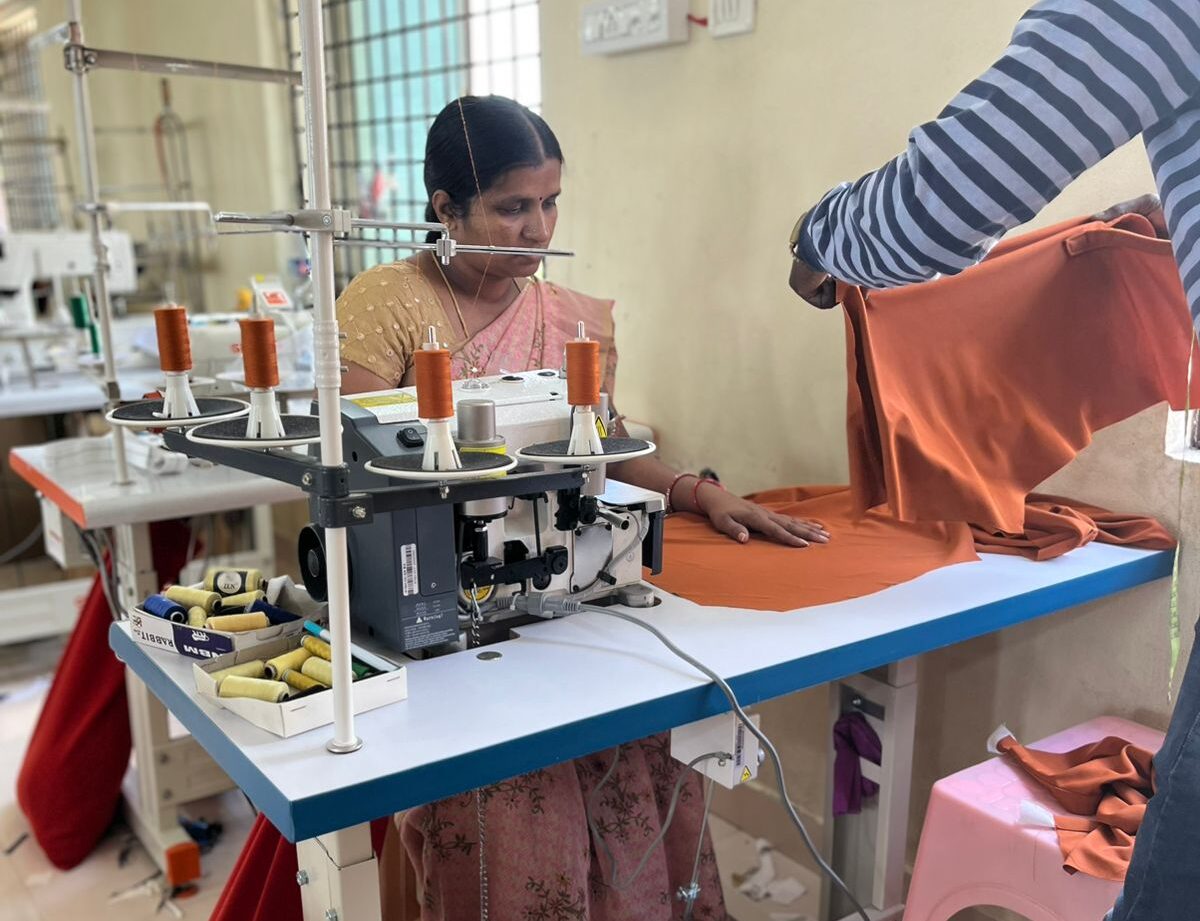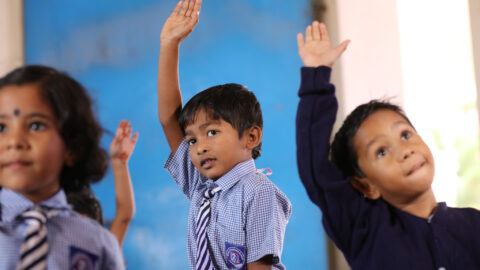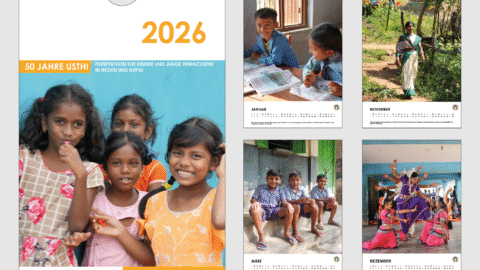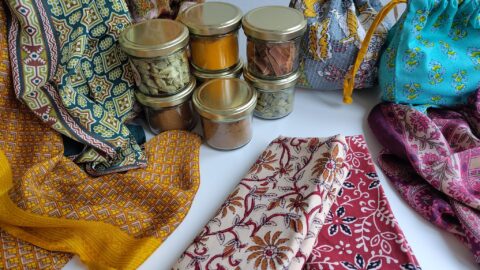What sounds like a slogan from the old days will create new, future-oriented jobs in 2024 and contribute to the financing of Usthi projects: The textile processing center in Hyderabad, which is run by our local partner organization, was able to acquire new specialized machines for processing knitted fabrics this year. High-quality clothing made from knitted fabric is in demand today – the new machines enable the social business venture to meet the wishes of larger clients and generate more sales.
The textile processing center in Hyderabad was established in 2011 as a social business venture dedicated to produce fair and sustainable clothing. Our project partner in Hyderabad founded the textile processing center with the goal of supporting our joint vocational skills training program in Hyderabad through local value creation. To date, approximately 8% of the vocational training project costs have been covered through this model. With the investment in new specialized machinery, we aim to increase this contribution in the future.
The social enterprise is located on the same campus as the vocational training center and produces high-quality clothing and accessories. 25 full-time employees develop and create for example school uniforms, sportswear or maternity clothing, handling the entire production cycle from designing and drafting initial samples to storing and shipping the finished goods.
With the purchase of the new machines, the textile processing center can take on larger orders and thus create eight additional jobs. The investment is therefore an important step in the expansion of the social business venture and will enable them to increase their turnover. In addition to fair pay, the company management attaches great importance to ensuring that the employees’ children attend school.
The expansion of the textile processing center is now in full swing and the first special machines have already been put into operation. The social enterprise is therefore equipped for the future.
The investment in new specialized machinery was made possible by the support of the Tauro Foundation.




